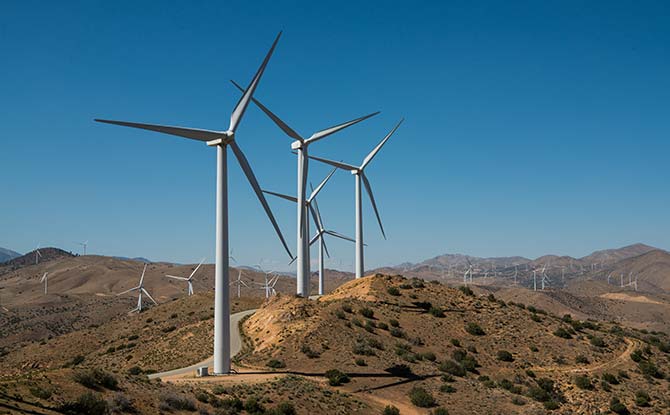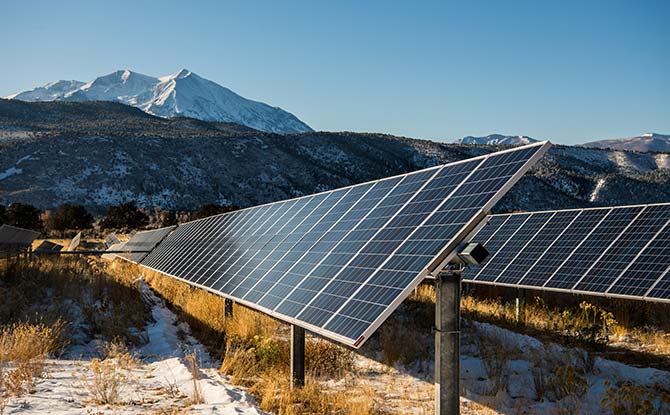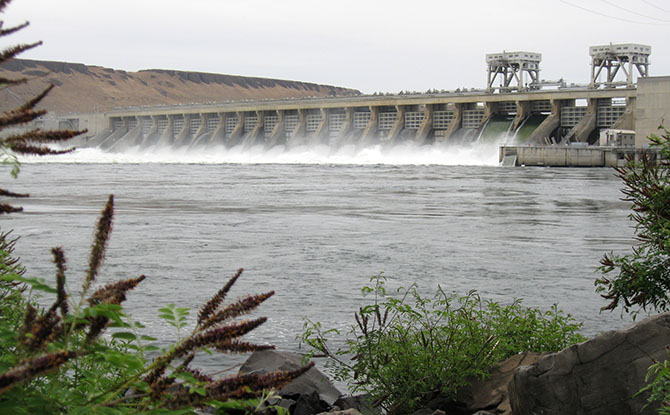Renewable Energy Supply Curves
NREL develops and disseminates renewable energy supply curves for the research community.
Supply curves characterize the quantity and quality of renewable resources. Often developed within a scenario framework, they capture a range of drivers that influence renewable energy potential. This foundational information serves as the basis for a variety of analysis and modeling applications.
We currently have supply curve data and interactive maps available for:
A Coordinated Research and Modeling Effort
Annual Technology Baseline (ATB)
Consistent set of technology design and cost data
WIND Toolkit (WTK)
High-resolution wind resource data
National Solar Radiation Database (NSRDB)
High-resolution solar resource data
Renewable Energy Potential Model (reV)
Geospatial assessment of land availability considering the built and natural environment and their intersection with transmission infrastructure and renewable energy technology performance; leverages System Advisor Model for system performance calculation
PLEXOS
Production cost model
Regional Energy Deployment System (ReEDS)
Capacity expansion model — United States
Resource Planning Model (RPM)
Capacity expansion model — regional
Contact
If you have any questions about renewable energy supply curves, contact us.
Share





